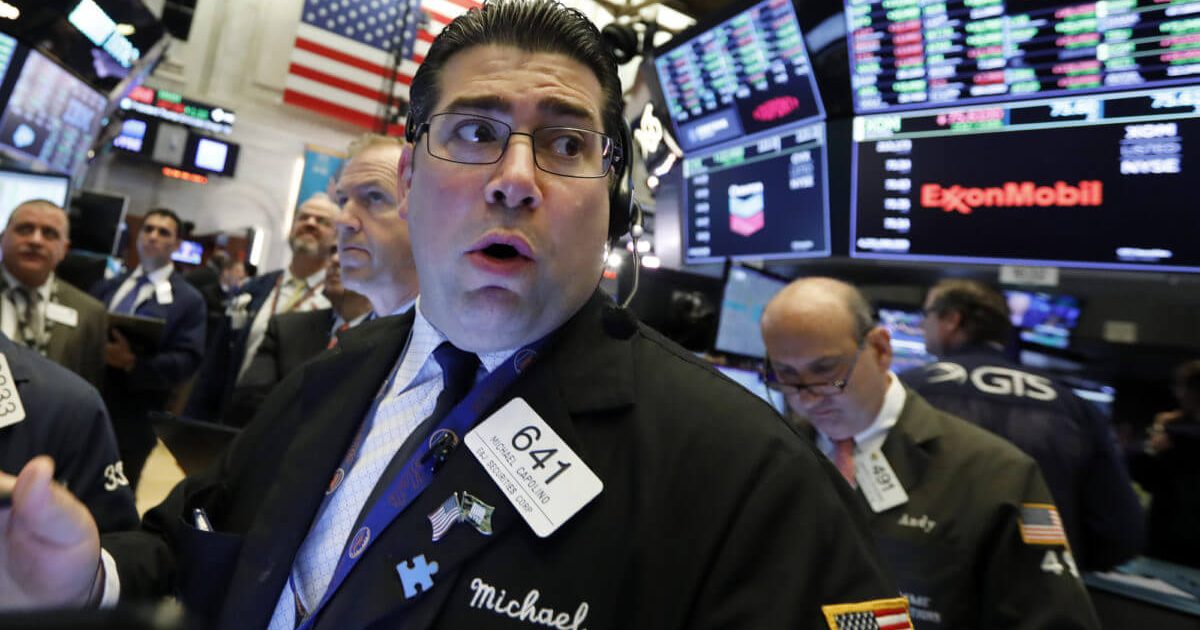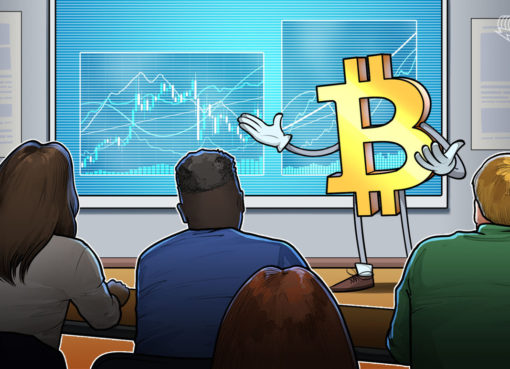- The Dow Jones Industrial Average (DJIA) lacked conviction during the week’s final trading session.
- U.S. consumer spending slowed significantly in January as the coronavirus epidemic began to filter into consumer behavior.
- Health officials warned Americans to brace for a U.S. outbreak, meaning coronavirus could weigh on the economy for months to come.
The Dow Jones Industrial Average (DJIA) traded with little conviction on Friday as U.S. economic data began to sense the first ripples of the coronavirus outbreak.
Consumer spending slowed significantly in January as Americans began to alter their behavior in response to the first coronavirus headlines.
With the number of confirmed cases nearing 65,000 and the Centers for Disease Control and Prevention (CDC) warning about a U.S. coronavirus outbreak, ING Chief International Economist James Knightley fears that the epidemic could pummel the “linchpin” of the U.S. economy.
He wrote in the bank’s February economic update:
The bigger concern will be what might happen if the virus is not contained and the number of US cases start to rise. We would likely see increased health warnings, which could start to impact both consumer and corporate behaviour. Consumer spending contributes nearly 70% of US GDP, which is greater than other developed market economies, so a shock here would have major ramifications for growth.
Dow Seesaws to End the Week
Following a tepid day for the stock market yesterday, the Dow Jones Industrial Average seesawed between gains and losses on Friday.
As of 9:51 am ET, the Dow had lost 10.99 points or 0.04% to dip to 29,412.32.
The S&P 500 and Nasdaq edged toward slight gains. Both indices rose by 0.04%.
The Dow had fallen by more than 128 points on Thursday, and it struggled to recover on Friday after U.S. retail sales data confirmed what analysts feared: The coronavirus outbreak is a serious threat to growth-friendly consumer behavior.
Consumer Spending Struggles Amid Coronavirus Outbreak
According to the Commerce Department, there was essentially no change in the retail sales data mixture that most closely aligns with the consumer spending component of GDP.
Economists arrive at that mixture by taking the headline retail sales print and then excluding automobile, gasoline, building materials, and food services sales.
That paints a bleaker picture of the outlook for the U.S. economy than overall retail sales, which rose by 0.3% in January. This reading represents a slight increase from December 2019’s revised figure of 0.2%.
The headline retail sales figure benefited from strong growth at building-material stores like Lowe’s. Analysts say that had a lot to do with warmer-than-usual weather. According to the National Oceanic and Atmospheric Administration, last month was the hottest January in 141 years of recorded climate history.
A large portion of home-center purchases come from other businesses, so they’re not the best gauge of consumer spending.
‘Resilient Consumer’ Just Got a ‘Kick in the Gut’
Consumer spending has long been the “linchpin” of the U.S. economy, and the sector’s resilience fortified GDP growth throughout the trade war.
But maybe not for much longer.
David Rosenberg, the chief economist and strategist of Rosenberg Research and Associates, said that today’s retail sales data gave the “resilient consumer” narrative a “kick in the gut.”
Clothing sales, for instance, plunged 3.1% in January – the biggest month-over-month drop since March 2009.
That should scare Dow Jones bulls, because while January’s economic data shows the first ripples of how coronavirus may be impacting consumer behavior, the situation could worsen if the outbreak continues to spread.
There are nearly 65,000 confirmed cases worldwide, but just 15 have been identified in the United States. CDC officials have warned the virus will likely “find a foothold” in the U.S. and “be with us beyond this season, beyond this year.”
So while the “resilient consumer” protected the economy against the negative impacts of the trade war in 2019, ING’s James Knightley says this sector is the one “most vulnerable” to the coronavirus outbreak in 2020.
Spending on consumer services would be most vulnerable to such a situation as that is more likely to involve human contact that consumers may become more nervous to experience.
Major stock indices are still ranging near all-time highs, so it doesn’t look like Wall Street has priced these risks into the market.
But if subsequent data releases continue to show coronavirus-related weakness, investors might be left with no choice but to reconsider their bullish growth outlooks.
ING has already trimmed its 2020 GDP forecast to 1.5%.
This article was edited by Sam Bourgi.
Last modified: February 14, 2020 2:57 PM UTC




